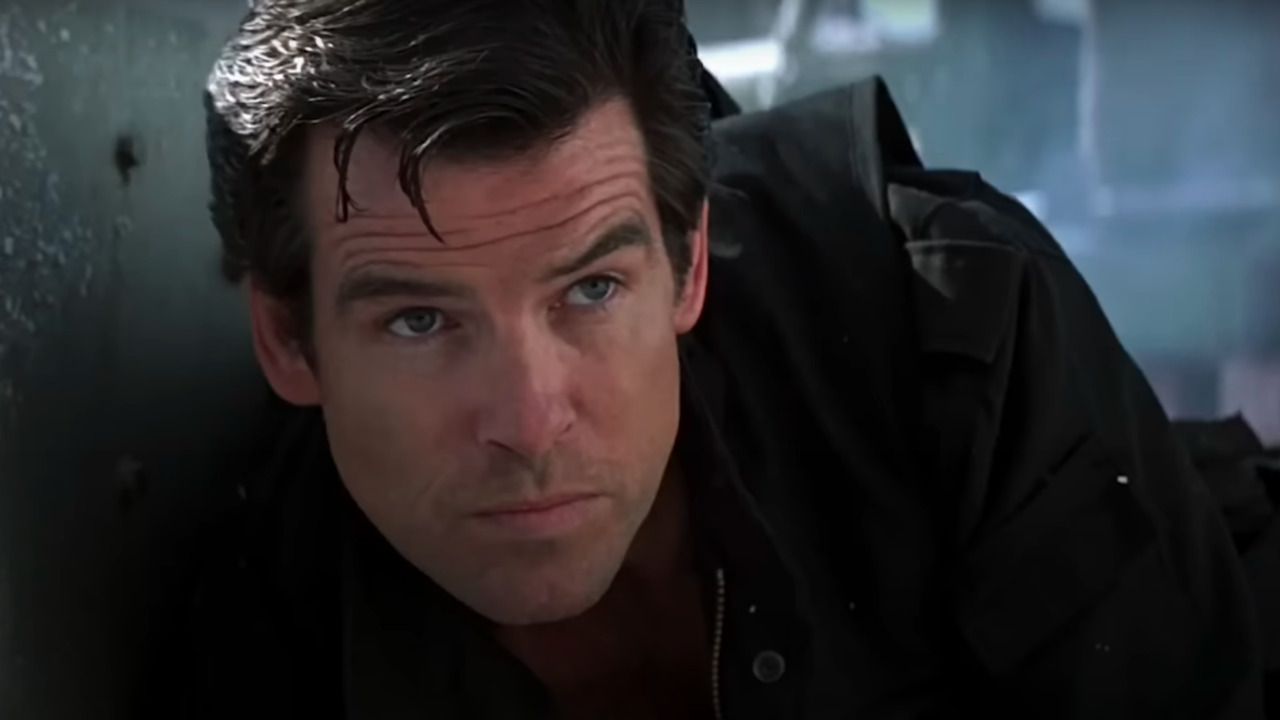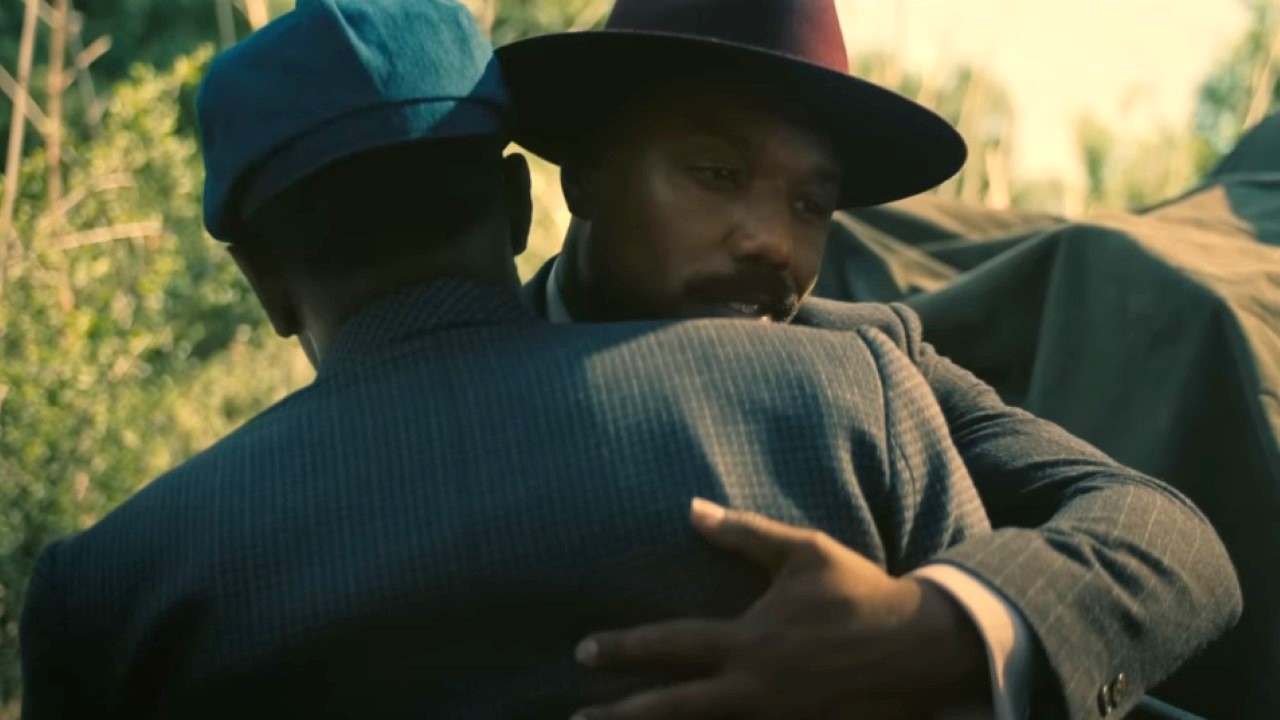Richard Gere Takes Major Risks In Oren Moverman's Time Out Of Mind

Oren Moverman has been carving out his reputation as a challenging and compelling writer-director with intense films about men feeling lost and angry. In 2009 he made his directorial debut with the admired veteran drama The Messenger. Two year later, he returned with the acclaimed crime-drama Rampart, which starred a Woody Harrelson brimming with barely suppressed rage. Now, Moverman has come to the New York Film Festival with his third feature, the Richard Gere-fronted Time Out of Mind. In many ways, it's his riskiest endeavor to date…for better or worse.
Coming into a Moverman movie, I anticipated a hero who'd be stern, even off-puttingly angry. Richard Gere delivers both as George, a homeless man who refuses to accept his own homelessness, and often connives and snipes at those around him. What's shocking about the film is not so much its dedicated depiction to the harsh realities of homelessness, which includes shelters that can feel like prisons, dangers and scorn from those better off, and an oppressive sense of feeling invisible or ignored. These details create a full world around George. What's shocking is how Moverman refuses to let us get to know his hero for two-thirds of the film. Even his name isn't introduced for a long stretch.
We meet George in the bathtub of an apartment that is being cleaned out following its tenant's eviction. George was not that tenant. He is a squatter, and having been tossed by a beleaguered (and underused) Steve Buscemi, he is on the streets. Begging, he scores enough cash to buy some beer, a repeated coping mechanism to his condition. But mostly, George is silent, keeping his secrets to himself. We get glimpses of his life before this low point. He briefly stalks a daughter (Jena Malone), who he clearly fears will want nothing to do with him. But Oren Moverman refuses to give us clear details on who George is for so much of the film that it becomes extremely difficult to empathize with him. At best, you pity him, which isn't enough to engage an audience for 120 minutes.
George is dismissive and sometimes flat-out hostile to his homeless peers. He bellows (sometimes understandably) at the bureaucrats who line up obstacles before they can provide assistance. He attempts to woo a kindly nurse in hopes of finding a warm bed for the night. None of this endears him to us. And considering Moverman's protagonist belongs to a social cast that is religiously ignored in urban areas, it's a confounding move to not attempt to humanize him early on. The only thing George has in his favor is that he is played by Richard Gere, so some innate charm bleeds through even his most wince-inducing behavior. Though Gere will not flash that signature smile as an easy cheat to get you on his side!
To Richard Gere's credit, he fully embraces this role of a man too proud to recognize his need for help, for people. He walks tall, his face fixed in a steely glare. He's the Richard Gere you know from movies where he's draped in dashing suits instead of tattered found clothes. But in moments of stark vulnerability--like the morning after a hook-up with a homeless woman--Gere is stripped down (in this case literally) and exposed. It's striking, and demands not just attention but empathy for his embarrassment. But by my count, it's a case of too little too late.
I admire the hard stance on characterization Oren Moverman made with Time Out of Mind. But for me, it was too great an obstacle to connecting with his prickly protagonist. More frustrating, the meandering nature of the plot could so easily have been focused toward the father-daughter thread that is loosely woven and left dangling. Emotionally, the film didn't work for me. But technically, it's quite impressive. If you've ever wondered what living in New York is like, Time Out of Mind will give you some sense in its sound design. No matter the scene, there's a bleeding through of noises from the surrounding world. This is not the clean sound design of chipper NYC-set rom-coms. In apartment buildings, you can hear the muddy sounds of televisions blurred by non-soundproofed walls. Outside, you can hear distant shouting and alarms. The city is always thrumming with some intrusive sound. It never rests, and the careful depiction of this true-to-life soundscape creates an incredible tension that ties the audience to George in a way the script chooses not too.
Visually, Moverman pursues a voyeuristic approach that makes viewers an intruder on George's world and story. Often, out of focus foreground elements place us in a position of distance, but self-aware observation. We peak through fences, over windowsills, and through shop windows at George as he shuffles through another rough day. It was an interesting device, but one that put another remove between us and the hero of this tough-to-watch narrative.
CINEMABLEND NEWSLETTER
Your Daily Blend of Entertainment News
Ultimately, I admire the risks that Moverman took and Gere embraced in this unapologetic drama. However, I personally needed a bit more to get me invested in George's story. Without it, I could admire Moverman's technique, but could not be moved by his narrative.
Time Out of Mind will open at the New York Film Festival on October 5th. Look for more of our NYFF coverage through this week and next.
Staff writer at CinemaBlend.











